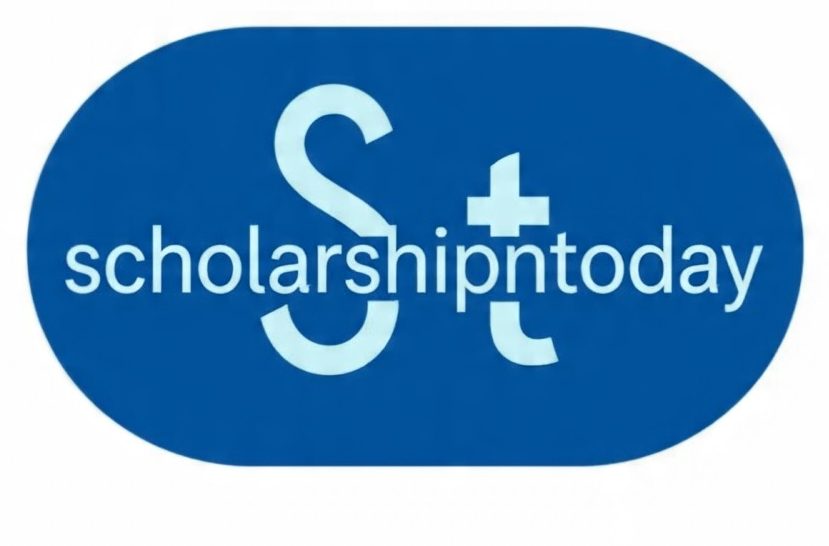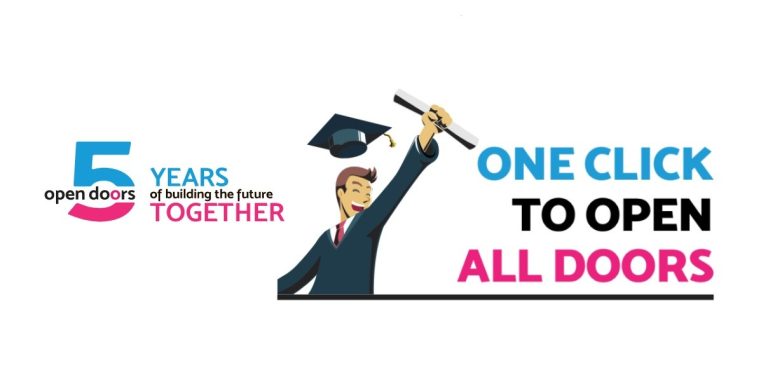How To Prepare For Scholarships and Jobs Abroad in 2026 | Complete Guide
Preparatory Measures for Scholarships and Jobs Abroad in 2026: A Complete Guide
1. Understanding the Global Landscape of Scholarships and Jobs in 2026
When discussing preparatory measures for scholarships and jobs abroad in 2026, the first step is to understand the changing global landscape of education and employment. Countries like Canada, Germany, the United States, Australia, and the United Kingdom are projected to expand opportunities for international students while simultaneously facing skilled labor shortages.
This means that scholarship providers and employers will increasingly focus on applicants who not only demonstrate academic excellence but also possess practical skills that match labor market demands. For example, Germany’s DAAD scholarships already highlight STEM programs, while Canada’s government and private universities prioritize internationalization and diversity.
Therefore, research is the bedrock of preparation. Students and job seekers must actively monitor official government websites, embassy portals, and trusted platforms like ScholarshipnToday for authentic updates. Additionally, candidates should note that the competition will not only be about grades but also about leadership, adaptability, and international collaboration.
As the world grows more interconnected, institutions seek candidates capable of contributing to global problem-solving, especially in areas like climate change, healthcare, and digital innovation. This means aspirants must begin aligning their academic pursuits, work experiences, and volunteer activities with global trends to stand out in 2026.
2. Building a Strong Academic and Professional Profile
One of the most crucial preparatory measures for scholarships and jobs abroad in 2026 is constructing a compelling academic and professional profile. Universities abroad often prioritize candidates with consistently strong academic records, which means maintaining high grades is only the foundation.
Beyond academics, international employers and scholarship committees want to see evidence of real-world engagement. Internships, research projects, volunteering, and part-time jobs all add to a candidate’s portfolio. For instance, if you are targeting a healthcare scholarship, working as a hospital intern or joining community health initiatives demonstrates commitment and practical application of knowledge.
Furthermore, aspirants should focus on publishing research papers, participating in global competitions, or even launching small entrepreneurial projects that showcase innovation and problem-solving. Language proficiency also plays a vital role in preparation.
Tests like IELTS, TOEFL, and Duolingo English Test remain standard requirements, while countries like Germany and France increasingly value proficiency in their native languages. Therefore, investing time in language training gives applicants a competitive edge. On the professional side, candidates should build strong resumes and LinkedIn profiles tailored for international visibility.
Employers abroad often screen applicants through professional platforms, meaning a polished digital presence is as important as physical documentation. To solidify credibility, letters of recommendation from respected professors, mentors, or employers are invaluable. With these proactive steps, applicants will not only qualify but also rank higher among peers when opportunities open in 2026.
how to prepare for scholarships and jobs abroad in 2026
3. Financial Preparation and Application Strategy
A major challenge for students and job seekers pursuing opportunities abroad is financial readiness. Therefore, one of the practical preparatory measures for scholarships and jobs abroad in 2026 is creating a sound financial strategy. Even when a scholarship covers tuition, applicants often need to budget for accommodation, travel, healthcare, and living expenses.
Developing a savings culture early is crucial, especially for those from low-income backgrounds. In addition, applicants should actively seek partial funding opportunities and combine them with side hustles or part-time jobs. Countries such as Canada and Australia allow international students to work while studying, making financial independence achievable.
Planning applications strategically is another financial preparation tool. Applying to multiple scholarships at once increases the likelihood of winning at least one. This requires excellent organizational skills—using spreadsheets or scholarship trackers helps monitor deadlines, requirements, and application statuses.
Another effective measure is identifying universities with low tuition fees or countries that offer tuition-free education, such as Germany, Finland, and Norway. Combining such opportunities with fully or partially funded scholarships reduces financial strain.
Moreover, students and job seekers should familiarize themselves with visa regulations, proof of funds requirements, and health insurance costs in their chosen destination. Many embassies demand detailed financial proof before granting visas, so preparing early prevents last-minute hurdles.
For reliable financial planning tips, students can explore resources from trusted platforms like Study in Germany. By integrating financial discipline with strategic applications, candidates are better positioned to achieve their goals abroad in 2026.
how to prepare for scholarships and jobs abroad in 2026
4. Leveraging Technology, Networking, and Skill Development
Another indispensable aspect of preparatory measures for scholarships and jobs abroad in 2026 is leveraging technology and networks. In today’s digital age, opportunities are often shared through online communities, LinkedIn, and professional forums. Joining alumni networks, academic associations, and global career platforms can open doors to hidden scholarships and job offers.
For instance, international students in Europe often benefit from Erasmus networks, while professional platforms like Glassdoor and Indeed provide insights into job markets worldwide. Additionally, applicants must invest in skill development through online platforms such as Coursera, Udemy, and edX.
Acquiring certifications in trending fields like data analytics, artificial intelligence, renewable energy, and public health can significantly boost employability. For scholarships, such additional qualifications make candidates stand out from the rest. Moreover, networking is not only about online presence but also about building meaningful mentor-mentee relationships.
Connecting with past scholarship recipients or employees already working abroad provides insider knowledge that no website can offer. Attending webinars, global conferences, and international exchange programs further enriches a candidate’s profile. Employers and scholarship providers increasingly value individuals who demonstrate adaptability to multicultural environments.
Therefore, participation in cross-border collaborations is a clear asset. By skillfully combining technology, networking, and skill development, candidates build resilience and competitiveness, ensuring they are not left behind in the dynamic landscape of 2026 opportunities.
5. Final Steps: Documentation, Mindset, and Consistency
The last but equally critical stage in preparatory measures for scholarships and jobs abroad in 2026 involves documentation, mindset, and consistency. Even the most qualified applicants risk rejection if their paperwork is incomplete or inaccurate.
Key documents include academic transcripts, diplomas, standardized test results, valid passports, updated resumes, recommendation letters, and personal statements. Applicants should also prepare digital and physical copies of these documents to avoid delays during submission.
Beyond paperwork, mindset preparation plays a significant role. Studying and working abroad often requires resilience, cultural adaptability, and emotional intelligence. Candidates should mentally prepare for challenges such as homesickness, academic pressure, or cultural differences. Building a support system of peers, mentors, and online communities can ease the transition.
Consistency is another critical factor. Securing scholarships or jobs abroad is not always a one-time effort; it may involve multiple rejections before success. Staying persistent, improving applications after every attempt, and keeping an optimistic outlook are vital.
Additionally, aspirants should rehearse for interviews, polish their communication skills, and keep track of changing global policies, such as new immigration regulations or scholarship reforms. By maintaining consistency and the right mindset, applicants maximize their chances of achieving their dreams.
Ultimately, those who prepare holistically—academically, financially, professionally, and mentally—will be the ones to secure scholarships and jobs abroad in 2026.





![BEST GRADUATE PROGRAMS [MASTER’S /DOCTORATE] FOR ANATOMY,BIOCHEMISTRY AND PHYSIOLOGY GRADUATES](https://travel.scholarshipntoday.com/wp-content/uploads/2025/08/anatomy-and-physiology-scitexas.edu-2.jpg)

